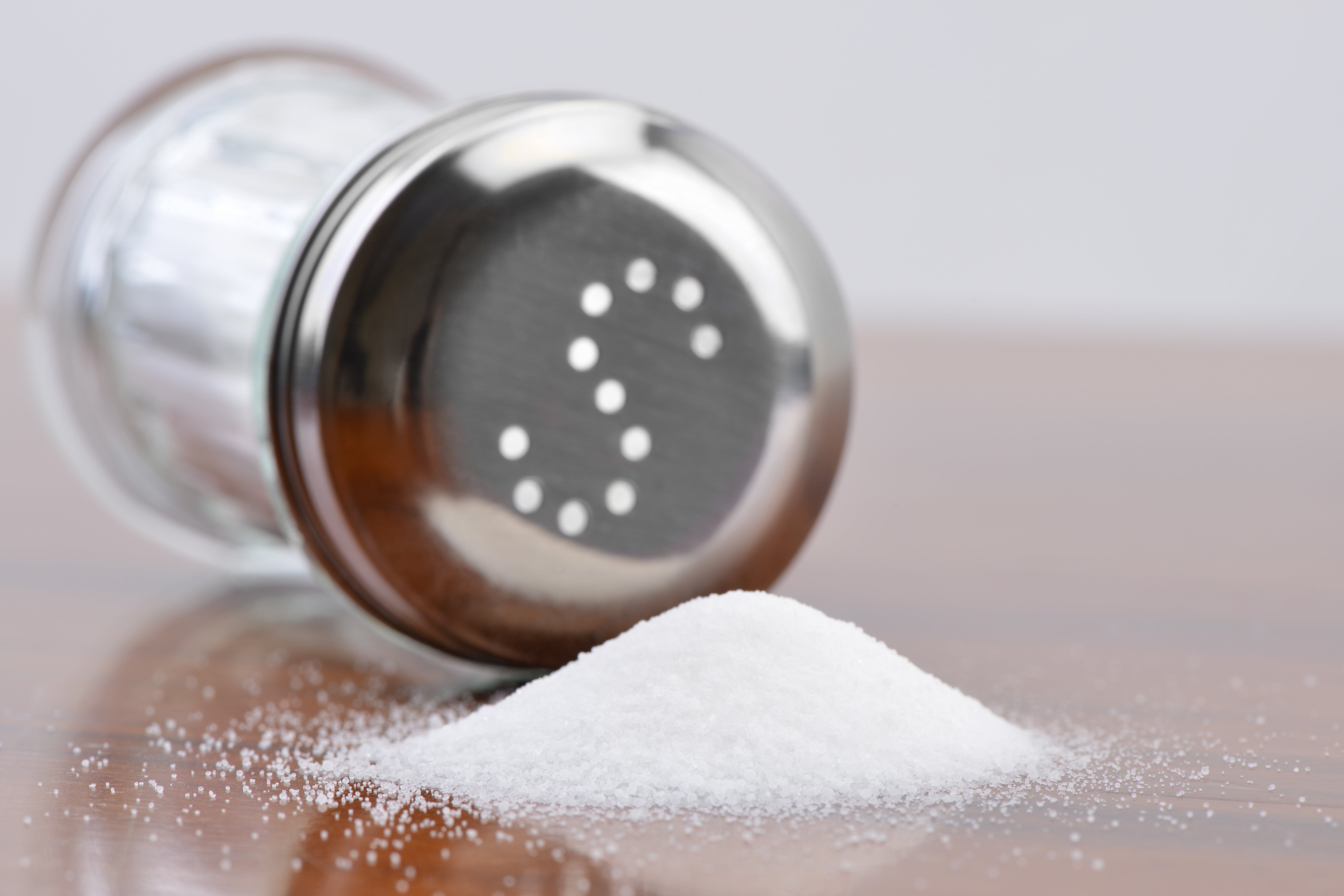
(Vienna, 08-05-2024) In Asian countries, where high-salt foods are popular, the link between high salt consumption and stomach cancer has already been proven. A long-term study by MedUni Vienna has now shown for the first time that this risk is also reflected in the cancer statistics in Europe. As the analysis recently published in the specialist journal "Gastric Cancer" shows, people who frequently add salt to their food are around 40 per cent more likely to develop stomach cancer than those who do not use the salt shaker at the table.
Data from more than 470,000 adults from the large-scale British cohort study "UK-Biobank" was analysed. Among other things, the answers to the question: "How often do you add salt to your food?" were collected by questionnaire between 2006 and 2010. The research team led by Selma Kronsteiner-Gicevic and Tilman Kühn from MedUni Vienna's Center for Public Health compared the results of the survey with salt excretion in urine and with data from national cancer registries. This revealed that people who said they always or frequently added salt to their food were 39 per cent more likely to develop stomach cancer over an observation period of around 11 years than those who never or rarely added an extra pinch of salt to their food. "Our results also stood up to the consideration of demographic, socioeconomic and lifestyle factors and were just as valid for prevailing comorbidities," says first author Selma Kronsteiner-Gicevic, emphasising the significance of the results.
Stomach cancer is affecting more and more younger people
In the list of the most common types of cancer worldwide, stomach cancer is in fifth place. The risk of this tumour disease increases with age, but the latest statistics paint a worrying picture of an increase in adults under the age of 50. Risk factors include tobacco and alcohol consumption, an infection with Helicobacter pylori, overweight and obesity. The fact that a very salty diet increases the risk of stomach cancer has previously been proven in studies with Asian population groups, who frequently eat food preserved in salt, heavily salted fish or extremely salty marinades and sauces.
"Our research shows the connection between the frequency of added salt and stomach cancer in Western countries too," emphasises first author Selma Kronsteiner-Gicevic. "With our study, we want to raise awareness of the negative effects of extremely high salt consumption and provide a basis for measures to prevent stomach cancer," summarises study leader Tilman Kühn.
Publication: Gastric Cancer
Adding salt to food at table as an indicator of gastric cancer risk among adults: a prospective study.
Selma Kronsteiner‑Gicevic, Alysha S. Thompson, Martina Gaggl, William Bell, Aedín Cassidy,
Tilman Kühn.
https://doi.org/10.1007/s10120-024-01502-9

After activation, data will be sent to YouTube. Further information here: Data protection